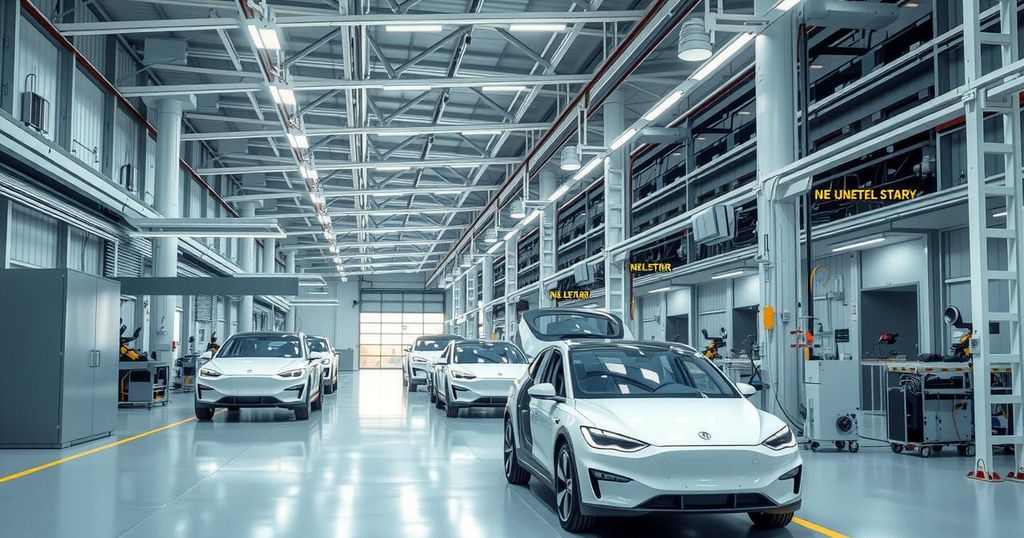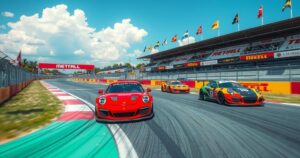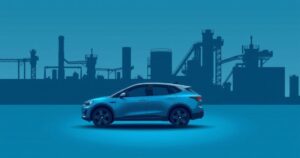BYD Starts Production in Brazilian Plant with New Electric Models

- BYD has launched its first electric vehicle production plant in Brazil.
- The Camaçari facility will assemble the Dolphin Mini, Song Pro, and King DM-i.
- BYD plans to invest R$5.5 billion, creating 10,000 jobs in Brazil.
- The plant employs SKD production methods shipped from China.
- Tariffs on electric vehicle imports have increased, impacting BYD’s strategy.
BYD Begins Production of Electric Vehicles in Brazil
BYD has officially commenced production at its Camaçari plant, marking a significant milestone as its first electric vehicle factory outside of China. This facility will initially assemble three prominent models, including the trendsetting BYD Dolphin Mini, which is recognized as Seagull in its native market of China. Alongside the Dolphin Mini, the Song Pro and King DM-i (BYD Qin Plus DM-i) will also take to the production line, enhancing BYD’s footprint in the growing Brazilian electric vehicle market.
Investment and Job Creation at Camaçari Factory
Built within a former Ford plant that BYD acquired in March 2024 for a hefty R$300 million (approximately 55 million USD), the Camaçari facility has undergone extensive modifications over the past 16 months. With an impressive annual production capacity of 150,000 units, this plant is equipped with 26 warehouses and features a test track. The automaker has announced a commitment to invest R$5.5 billion (about 1 billion USD) into this operation, with R$1.4 billion already invested, aiming to generate around 10,000 direct and indirect jobs in the region, beginning with 1,000 existing staff and an announcement of 3,000 new vacancies during the launch event.
Local Production Strategy Amid Increased Tariffs
The Camaçari plant will utilize semi-knock-down (SKD) kits to facilitate a smoother production process where major components are shipped from China for final assembly in Brazil. This approach supports a commitment from BYD to localize production more extensively, including partnerships with notable suppliers like Continental for tires produced domestically. Interestingly, the plant’s launch comes hand in hand with Brazil’s hike in tariffs on all-electric vehicle imports, raising the rate from 18% to 25% and increasing PHEVs tariffs from 20% to 28%. This increase notably affects SKD vehicles too, and BYD is currently advocating for a lowered rate of 10% for semi-dismantled vehicles, but the government has yet to respond as of now.
BYD’s establishment of the Camaçari electric vehicle plant aims not just at local production but also at job creation and market expansion in Brazil. Despite a backdrop of tariff hikes and legal troubles, the company appears determined to adapt its strategy. The commitment to local partnerships and production demonstrates a forward-looking approach while responding to market demands and regulatory changes.






